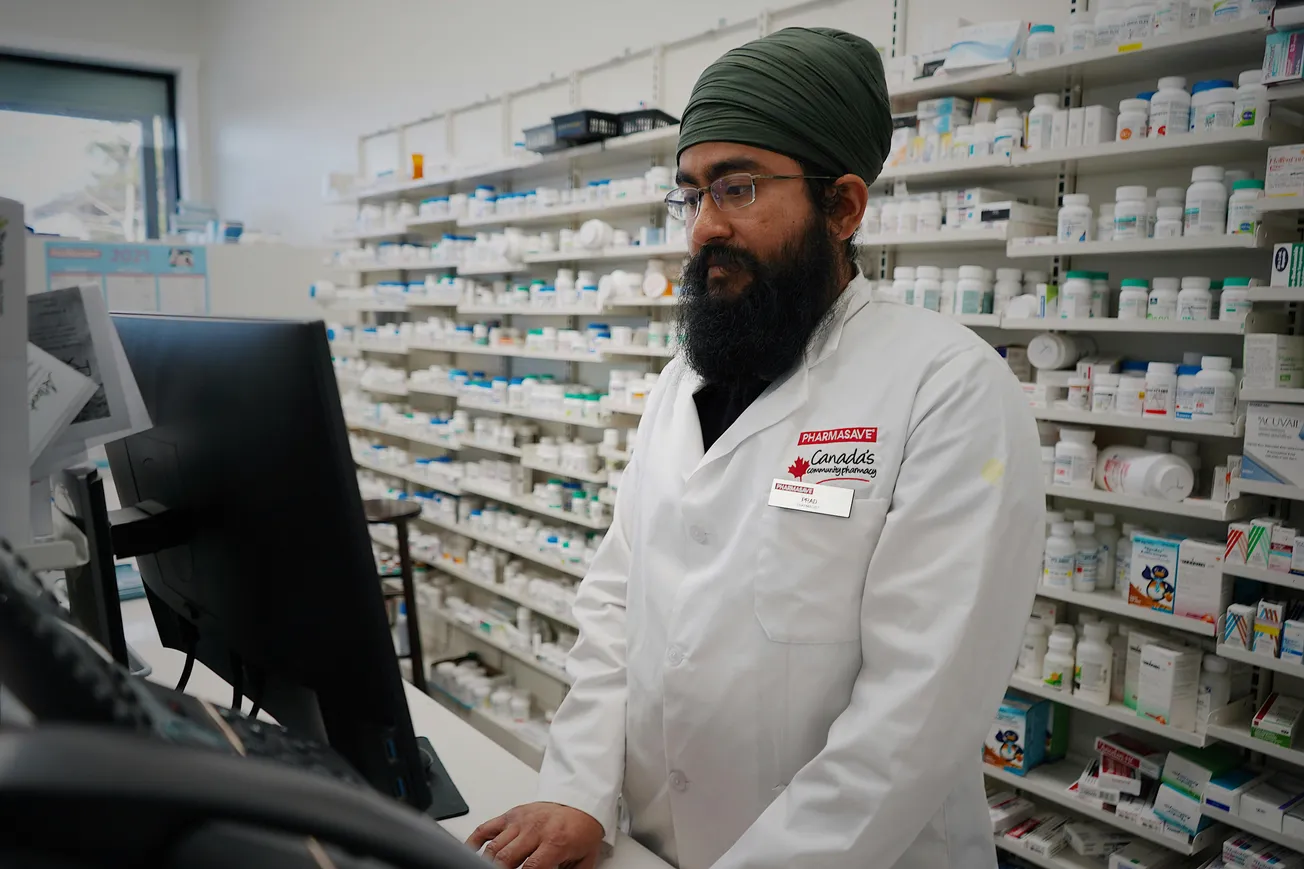These days, the idea of proving how sustainable your business is goes way past a catchy slogan or a neat slogan on your website. This past week, on Let’s Talk Supply Chain – News Edition, Sarah Barnes-Humphrey sat down with Devin O’Herron from Assent to dig into how businesses today are dealing with new rules, changing customer expectations, and the simple fact that most of our data just doesn't cut it.
The Trouble With Data and Sustainability
If you run a business and you’re getting grilled by your customers about sustainability, but you’re totally lost on what they’re talking about, you’re not alone.
The days of focusing only on the price tag are fading fast. It’s not just about profit margins anymore. Stakeholders want to know the story behind the product—the environmental footprint, the social impact, and the way you do business.
If you can’t prove it with solid data, you could be in trouble, or at least left trying to play catch-up.
Shifting How We Measure Costs
There’s a push to include information like how much your supply chain actually impacts forests, or what happens to local communities around your operation.
Here’s what’s on the table now for most companies:
- Financial Costs: Still important, but not everything.
- Environmental Costs: Carbon footprint, deforestation, waste.
- Social Costs: Working conditions, local impact, labor standards.
The EU Deforestation Regulation: What You Need to Know
Probably the biggest change on the horizon is the EU Deforestation Regulation. This one's set to go into effect at the end of the year, and it's a big deal if you want to sell in the EU.
This means that before your products even hit shelves in Europe, you'll need to show exactly where your raw materials come from and prove they weren’t tied to deforestation. Not as easy as it sounds, especially if you haven’t been collecting that data all along.
Culture Change: It’s Not Just About Rules
Data and rules aside, there’s a huge culture change happening. Businesses that don’t keep up—especially those who ignore uncomfortable questions from customers—are going to find themselves stuck.
It’s more than just paperwork. It's about showing you can adapt the way you operate.
Getting better at this takes time and serious habit changes. Some companies are ahead of the game, while others are still scrambling. It will keep being uncomfortable for a while.
How To Start Closing the Gap
So, what can you actually do about all this? Here are some simple tips from the conversation:
- Talk to your customers: Don’t ignore their questions, even if it feels awkward.
- Check what data you actually have: Are you tracking just orders and invoices, or can you prove your products didn’t cause deforestation?
- Look ahead, not just behind: These rules are getting stricter, not going away.
- Share what you’re learning: If you’ve found better ways to track your supply chain, let your partners know.
The only way forward is to get real about the data you have—and the data you need. Things are shifting, but with a bit of patience (and a lot of uncomfortable questions), you’ll keep up. Or at least, not get left behind.






